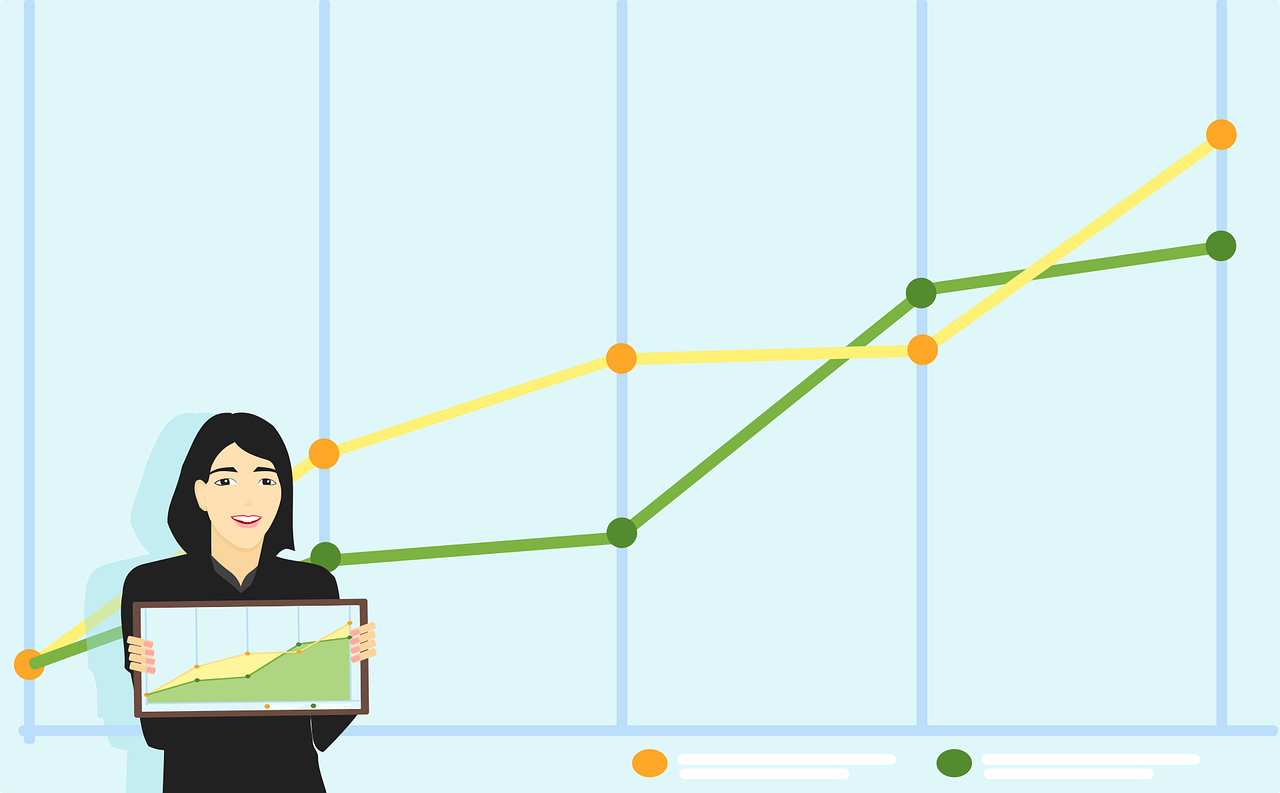Gender equality and the empowerment of women and youth

The COVID-19 pandemic has exacerbated existing gender inequalities and threatens to reverse recent gains made in closing the gender wage gap and the participation of women in manufacturing. Furthermore, young people are particularly vulnerable to the disruptions caused by the pandemic and many are now at risk of being left behind in education, training, economic opportunities, and health and wellbeing. Recovering from the crisis therefore requires that the knowledge, experience and great untapped potential of women and youth be placed front and center of global economic plans to assure an inclusive recovery and a sustainable future.
UNIDO invests in the economic empowerment of women and youth in sustainable industries and focuses on promoting future socio-economic inclusivity and resilience throughout its technical cooperation portfolio. In the context of the socio-economic recovery from the COVID-19 pandemic, support for branches of manufacturing that employ women and youth; entrepreneurship development and vocational training targeting women and youth; integration and support of female- and youth-led businesses in value chains; as well as bridging the technology gap between men and women, will be critical. UNIDO stands prepared to support its Member States in order to ensure an inclusive and sustainable economic recovery from the COVID-19 crisis that takes into account the specific needs and contributions of women and youth as active members of the economic sector.
Research & articles
Related documents
The new era of industrialization marked by Industry 4.0, digitalization and innovation has been gaining momentum, entailing a range of potential benefits, as well as challenges to be addressed in the area of women’s economic empowerment, entrepreneurship and leadership worldwide. UNIDO, jointly with the Government of the Russian Federation, has, since 2018 been implementing a project aiming to encourage support and upscale the advancement of the women’s agenda in the region of Europe and Central Asia, as well as globally. The project’s overall aim is to capitalize on and vastly promote UNIDO’s networking and knowledge platforms, expertise, methodology and service packages fostering women’s economic empowerment, entrepreneurship and leadership in diverse formats, including through sharing knowledge and expertise, forging partnerships and networking and developing competencies and capacity building.
Find out more on the OpenData platform.
Jordan’s private sector is expected to be the primary engine for growth, job creation, economic inclusion and poverty alleviation, and in this regard, developing the ability of the Jordanian economy to attract investments and to increase its exports is particularly important. Therefore, UNIDO is working with the Ministry of Industry, Trade and Supply on a project that aims to increase Jordan’s private-sector contribution to job creation by supporting the development of competitive small- and medium-sized enterprises. Through the project, UNIDO will work with Jordanian counterparts to enhance investment and market opportunities in four selected value-chain rivers of job creation for youth and women in both urban and rural regions.
Find out more on the OpenData platform.
The MENA region exhibits the world's highest unemployment rate, with youth unemployment at approximately 25% and women unemployment of up to 40%. In international comparison, women entrepreneurship in the MENA region is extremely low - only approximately 12% of formal SMEs in the MENA region are female owned. This low participation of women in entrepreneurial activity of the region can be explained largely by difficulties in accessing business support services and networks, by the very limited access to finance to start new businesses, the lack of education and training opportunities and by gender related constraints lying in the regulatory and legal framework. This UNIDO project takes a holistic approach in addressing the above-mentioned challenges and aims to harness the great potential of women entrepreneurship in the MENA region and thus create the conditions for sustainable and inclusive growth.
Find out more on the OpenData platform.
UNIDO, together with UN WOMEN, is implementing a project in Cambodia, Peru, Senegal and South Africa whose purpose is to advise policy-makers and practitioners on the establishment and implementation of a policy framework to integrate gender and green industrial policies. The core aim is to affect change and empower more women to take leadership roles in green industries and entrepreneurs or industrial professionals, through strengthened integration of gender and green industry policies. The project has identified three main outcomes: (a) Countries are enabled to formulate new, or reformulate existing, gender-responsive green industrial policies and adopt them; (b) Individual and institutional capacities for policy formulation and implementation are strengthened at national and global level; and c) knowledge base on gender and green industrial policies is improved and outreach actions are initiated.
Find out more on the OpenData platform.
Events




